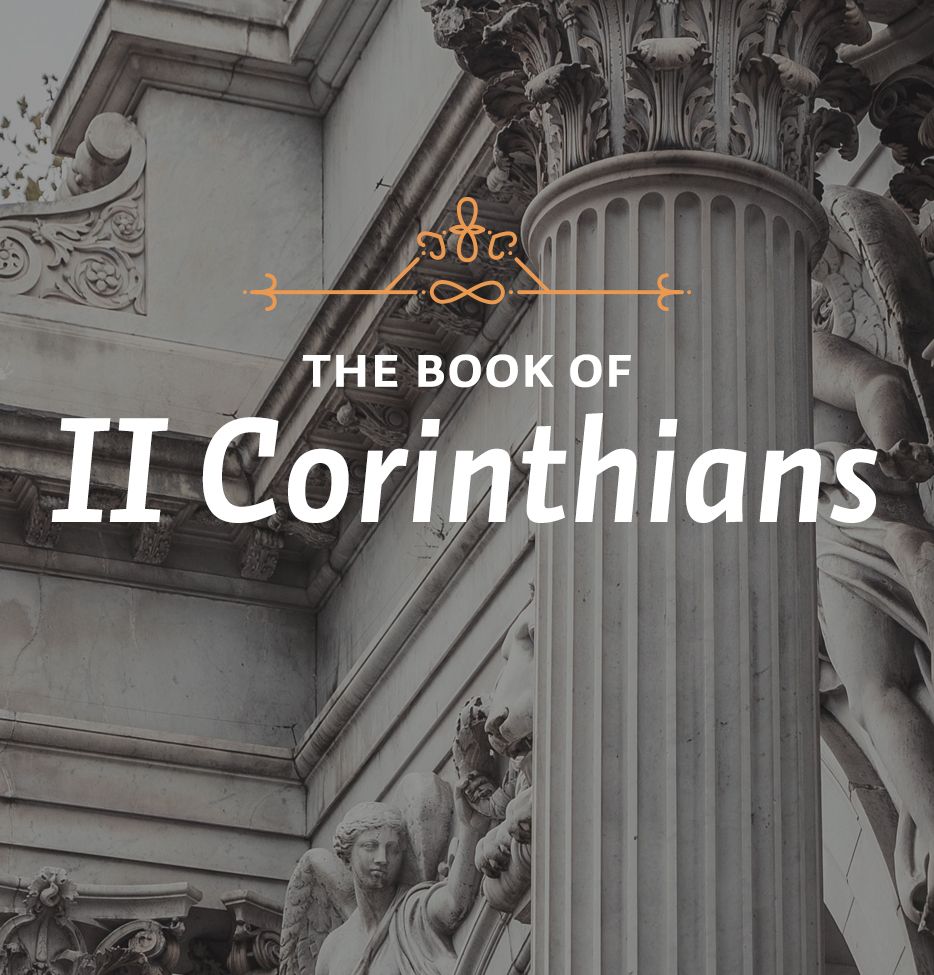The Greatest Thing Happening Today2 Corinthians 2:5 – 3:18Theme: The glory of the Gospel.This week’s lessons teach us about what God is doing in the world today.
LessonIn this whole section of 2 Corinthians, the portion that I really like the best is the last. Paul has talked first about forgiveness of sins and restoration. He has talked, secondly, about the ministry of life, which follows from the preaching of the Gospel. Then he went on to talk about the moral, personal transformation of those who have heard and responded to that Gospel.
Paul mentioned in chapter 3, verse 6, that God has made us – that is, the apostles – competent as ministers of a new covenant. I am sure he talked about the new covenant many times, and I think I know where he got that. Jeremiah speaks about a new covenant. There was an old covenant – the covenant of the law that stated, “This do, and you shall live.” But we can’t do it; we die. The law brings death. From that background, Jeremiah said, speaking for God, “Behold, I will make a new covenant with you. On that day, I will take that law, which in the past was written upon tables of stone. And I will write it upon the fleshly tables of your heart. What Jeremiah meant, as he spoke for God, is that God was going to provide for the keeping of the law by an internal change in the lives of those who should hear the Gospel of Jesus Christ. When Paul talks about a new covenant, that is what he is thinking of. He began to think and expound upon the differences between that which is old and that which is new.
I have numbered some of the contrasts that I see here. First of all, there is the contrast between the old covenant and the new covenant. In 2 Corinthians 3:6 Paul wrote, “He has made us competent as ministers of a new covenant – not of the letter but of the Spirit; for the letter kills, but the Spirit gives life.” You can read the law – the old covenant – but it does not change anyone. But the other, the new covenant, is from the Holy Spirit so that it produces changes in people. The one is vital; the other is simply static.
The second contrast is that the letter kills, that is, it pronounces a judgment. It cannot do anything else. We cannot keep it. The law condemns. “But,” he says, “The Spirit gives life.” So, you have letter, Spirit, death, life. Then in verses 7 and 8, Paul points out that the old covenant was glorious even though it was ineffective in changing people. It is glorious because it is the law of God. It was given on Mount Sinai with great glory. However, he wrote that the new covenant is much more glorious.
The next contrast is found in verse 9. The law condemns. It accomplishes its purpose. It exposes sin, and the result is condemnation. But the new covenant actually brings righteousness. Then in verse 11 Paul mentions that the old covenant was fading away but the new covenant has a glory that lasts.
From that particular contrast, Paul drew on the image of Moses with a veil over his face. It is an interesting portion of the Old Testament. After Moses had been up on the mountain communing with God, the glory of God shone off of Moses’ face. As a result of being with God all that time on the mountain, something of the glory of God had communicated itself to Moses. His face glowed with radiance. The Israelites who were near him could not bear to look at him, so he covered his face with a veil.
Paul used that image to make his point here in 2 Corinthians. That is the way it is even today, as it was in Paul’s day. A veil remains over the eyes of unbelievers, even though the glory of God is there to be seen in the Gospel. To those of us who can see it, those of us who have received this new light, Paul wrote, “And we, who with unveiled faces all reflect the Lord’s glory, are being transformed into his likeness with ever-increasing glory, which comes from the Lord, who is the Spirit”
(2 Cor. 3:18). That is a marvelous thing.
Study Questions
Why are we unable to keep the old covenant? What is the result of our inability?
How does the new covenant differ from the old covenant?
Further StudyRead the account of Moses’ veiled face in Exodus 34:29-35.
Scripture MemoryMemorize Jeremiah 31:31-34.






